Why BYOD represents evolution not revolution
Is BYOD necessarily the panacea that some suggests? We explore the disconnect between the theory and reality.
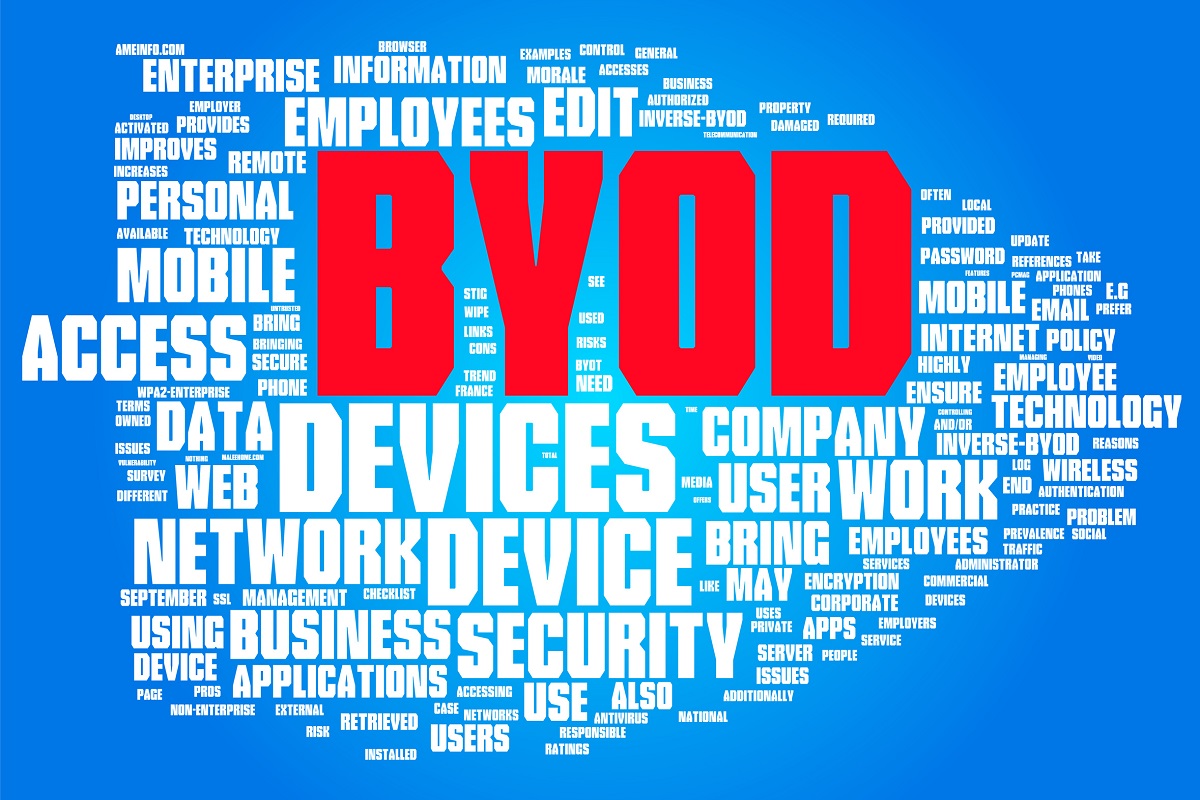
Henrys says that corporates need to ensure that employees sign up to BYOD policies that allow the IT department to wipe devices should they become lost. But these are without problems.
It might be easier to reach an acceptance with the employees on strict security measures, as opposed to in a situation where they have no influence on the tool du jour.
He cited an example of a test case currently going through the courts in the US where a man had lost a phone and the corporate had wiped its data. The man in question was going through a messy divorce and, along with work data, the phone played home to texts related to that divorce. The removal of that data resulted in the man taking legal action against the company he worked for.
"Whether or not he finds the policy to say that was OK to do that, we will find how much water that holds as it goes through the courts," Henrys says.
He suggested one way to avoid this is taking home corporate-provided devices and having part of that device partitioned off for personal use.
Regardless of whether the employee brings their device into the organisation or it provides them with a business device sporting the consumer features the user feels they need to perform their job, there has to be policies in place. Such policies will not only separate the business concerns from personal matters but will also ensure that confidential corporate data can only be accessed in a safe and secure manner. What's more, these policies need to be communicated effectively to the user.
Margrete Raaum, Steering Committee member of the Forum of Incident Response and Security Teams (FIRST), an international umbrella organisation of trusted computer incident response teams, suggests that firms need to create a model where all devices are deemed insecure and valuable assets on the local network can be protected in much the same way as you safeguard something that is placed directly on the internet.
"This might actually be a good strategy, as protected client networks are often more insecure than assumed by the internal firewalls, and rogue equipment is likely to exist on most company networks," she says.
Get the ITPro daily newsletter
Sign up today and you will receive a free copy of our Future Focus 2025 report - the leading guidance on AI, cybersecurity and other IT challenges as per 700+ senior executives
"Also, it might be easier to reach an acceptance with the employees on strict security measures, as opposed to in a situation where they have no influence on the tool du jour."
The key here is to ensure that the flow of valuable data or potential malware does not cross the company's perimeters without detection, Raaum says.
Alongside the financial arguments, any company needs to weigh up whether BYOD is worth the cost and effort of implementation. Users may want the latest sexy device, but if the arguments don't stack up, there is very little incentive for the organisation to allow or fund - this.
Visit the Intel IT Centre for further help and guidance for IT managers and professionals.
ITPro is a global business technology website providing the latest news, analysis, and business insight for IT decision-makers. Whether it's cyber security, cloud computing, IT infrastructure, or business strategy, we aim to equip leaders with the data they need to make informed IT investments.
For regular updates delivered to your inbox and social feeds, be sure to sign up to our daily newsletter and follow on us LinkedIn and Twitter.
-
 Cleo attack victim list grows as Hertz confirms customer data stolen
Cleo attack victim list grows as Hertz confirms customer data stolenNews Hertz has confirmed it suffered a data breach as a result of the Cleo zero-day vulnerability in late 2024, with the car rental giant warning that customer data was stolen.
By Ross Kelly
-
 Lateral moves in tech: Why leaders should support employee mobility
Lateral moves in tech: Why leaders should support employee mobilityIn-depth Encouraging staff to switch roles can have long-term benefits for skills in the tech sector
By Keri Allan
-
 Everything you need to know about Lip-Bu Tan, Intel’s new CEO
Everything you need to know about Lip-Bu Tan, Intel’s new CEONews Intel has announced its next CEO in the wake of Pat Gelsinger's retirement, naming former board member Lip-Bu Tan as its new leader months after he quit.
By Nicole Kobie
-
 Intel CEO Pat Gelsinger announces retirement
Intel CEO Pat Gelsinger announces retirementNews Gelsinger’s departure comes amid a tumultuous period at Intel
By Ross Kelly
-
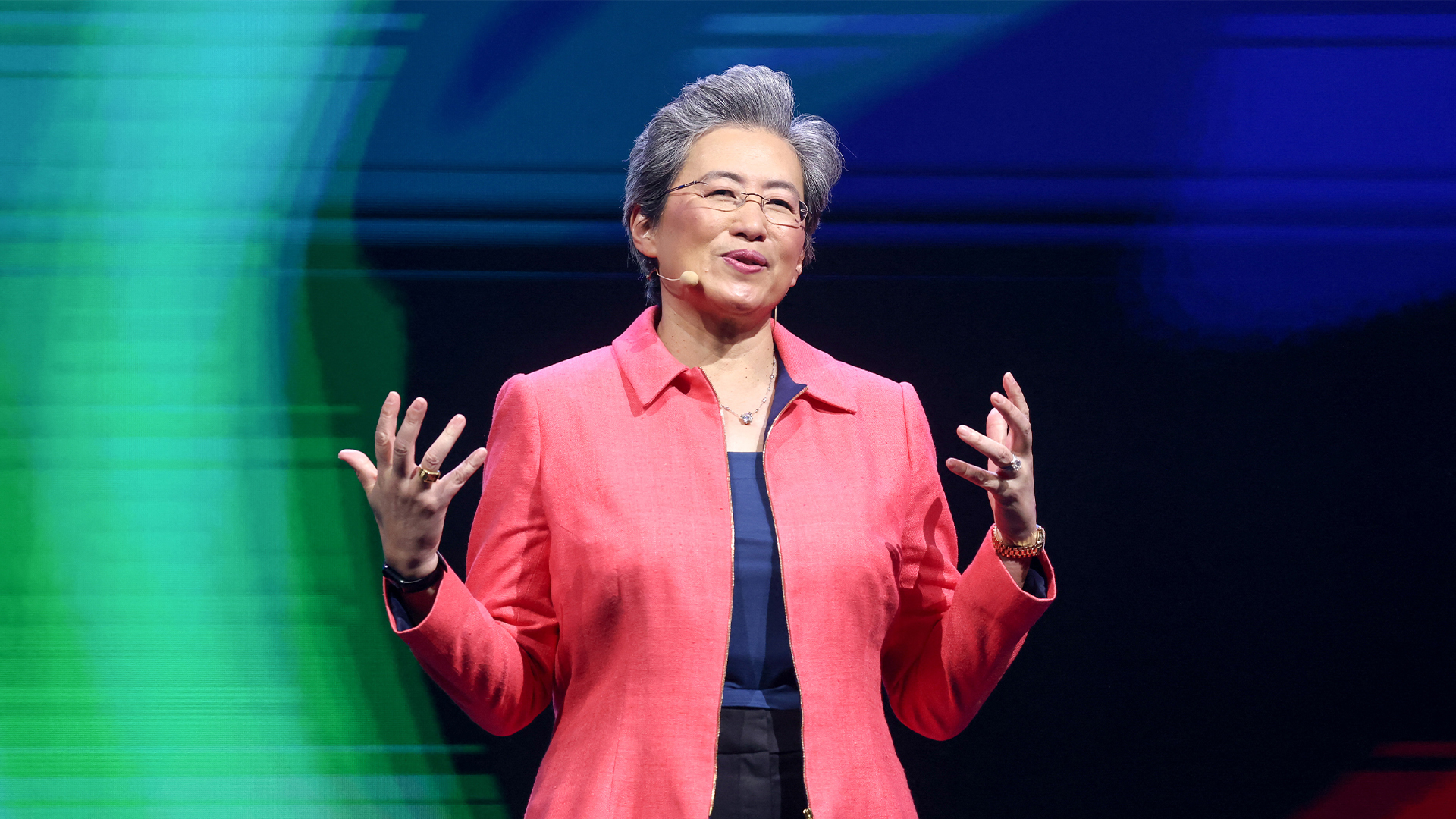 AMD to cut around 1,000 staff to focus on "growth opportunities"
AMD to cut around 1,000 staff to focus on "growth opportunities"News The AMD layoffs come after rival Intel cut staff on the back of flagging AI returns
By George Fitzmaurice
-
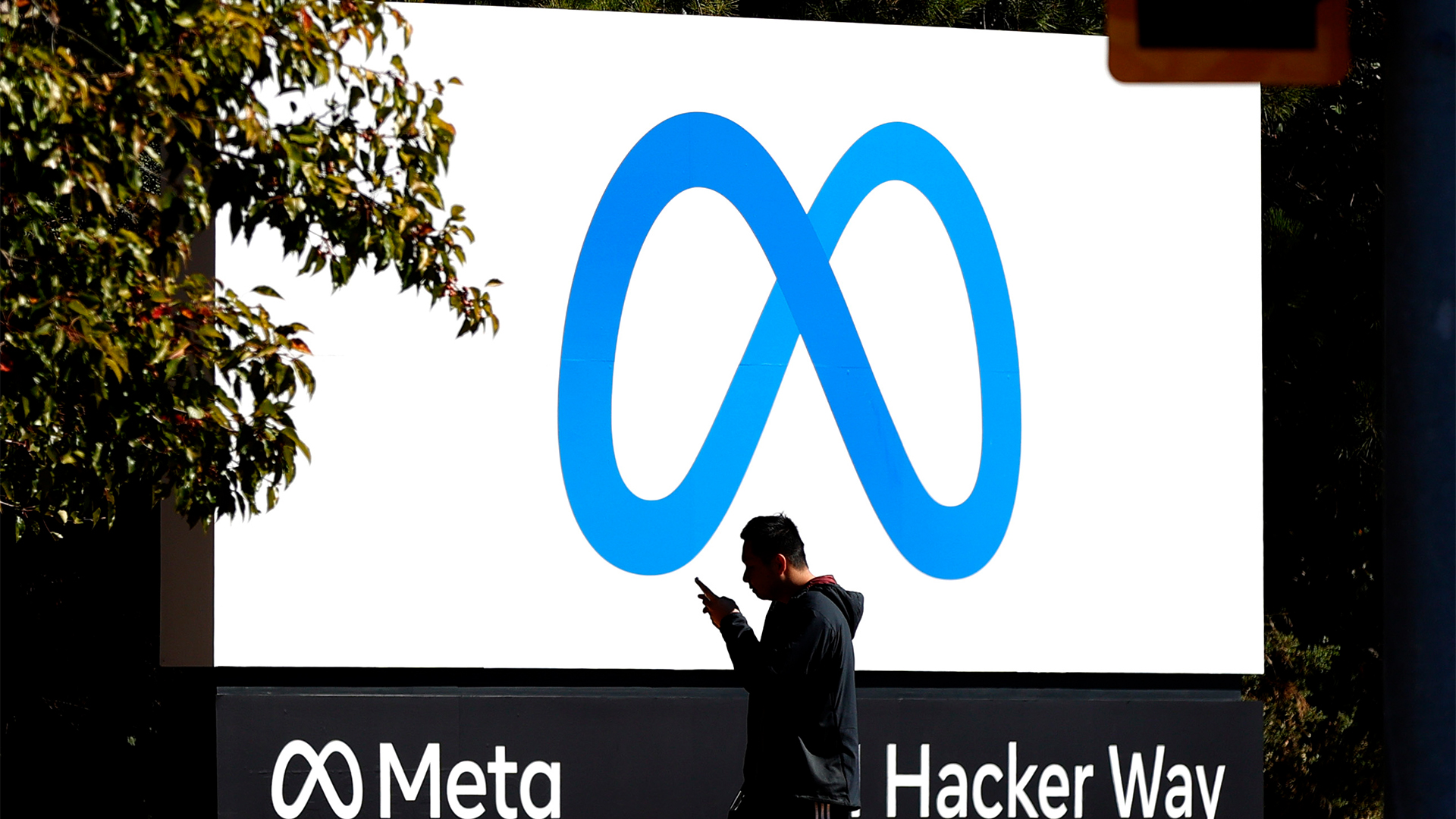 Meta layoffs hit staff at WhatsApp, Instagram, and Reality Labs divisions
Meta layoffs hit staff at WhatsApp, Instagram, and Reality Labs divisionsNews The 'year of efficiency' for Mark Zuckerberg continues as Meta layoffs affect staff in key business units
By Ross Kelly
-
 The power and the pain: Looking forward so you’re not held back
The power and the pain: Looking forward so you’re not held backAvoiding server modernization may seem like a cost-saving strategy, but the hidden risks of downtime, security breaches, and operational inefficiencies can quickly become far more costly…
By ITPro
-
 Modernization: Nothing to fear except failing to future-proof
Modernization: Nothing to fear except failing to future-proofAs businesses face mounting pressure to innovate while maintaining daily operations on tight budgets, modernization has become a necessity, not a luxury
By ITPro
-
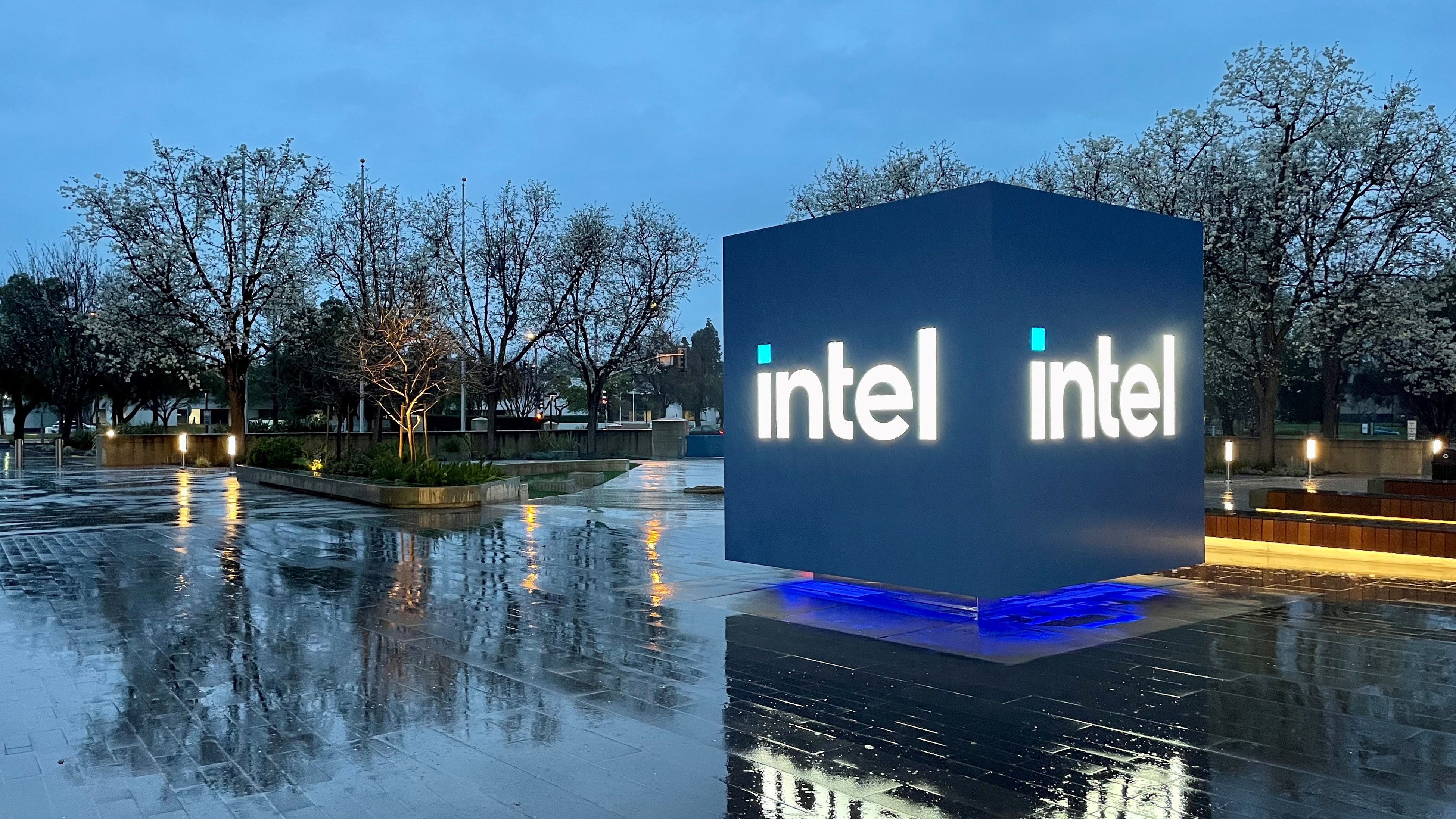 Everything you need to know about Intel
Everything you need to know about IntelIn-depth An essential guide to Intel, a trailblazer in microprocessor innovation and a foundational force behind the evolution of modern computing and the personal computer industry
By Rene Millman
-
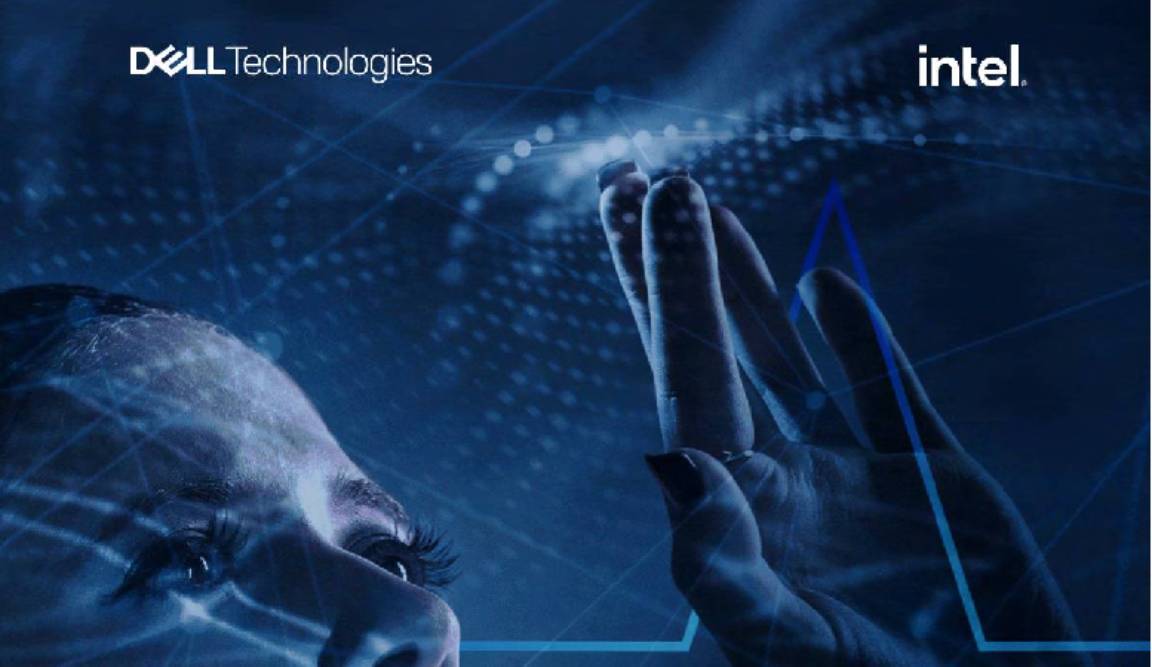 Five ways to drive innovation at the edge
Five ways to drive innovation at the edgeWhitepaper How an effective edge strategy can generate new value for your organization
By ITPro
